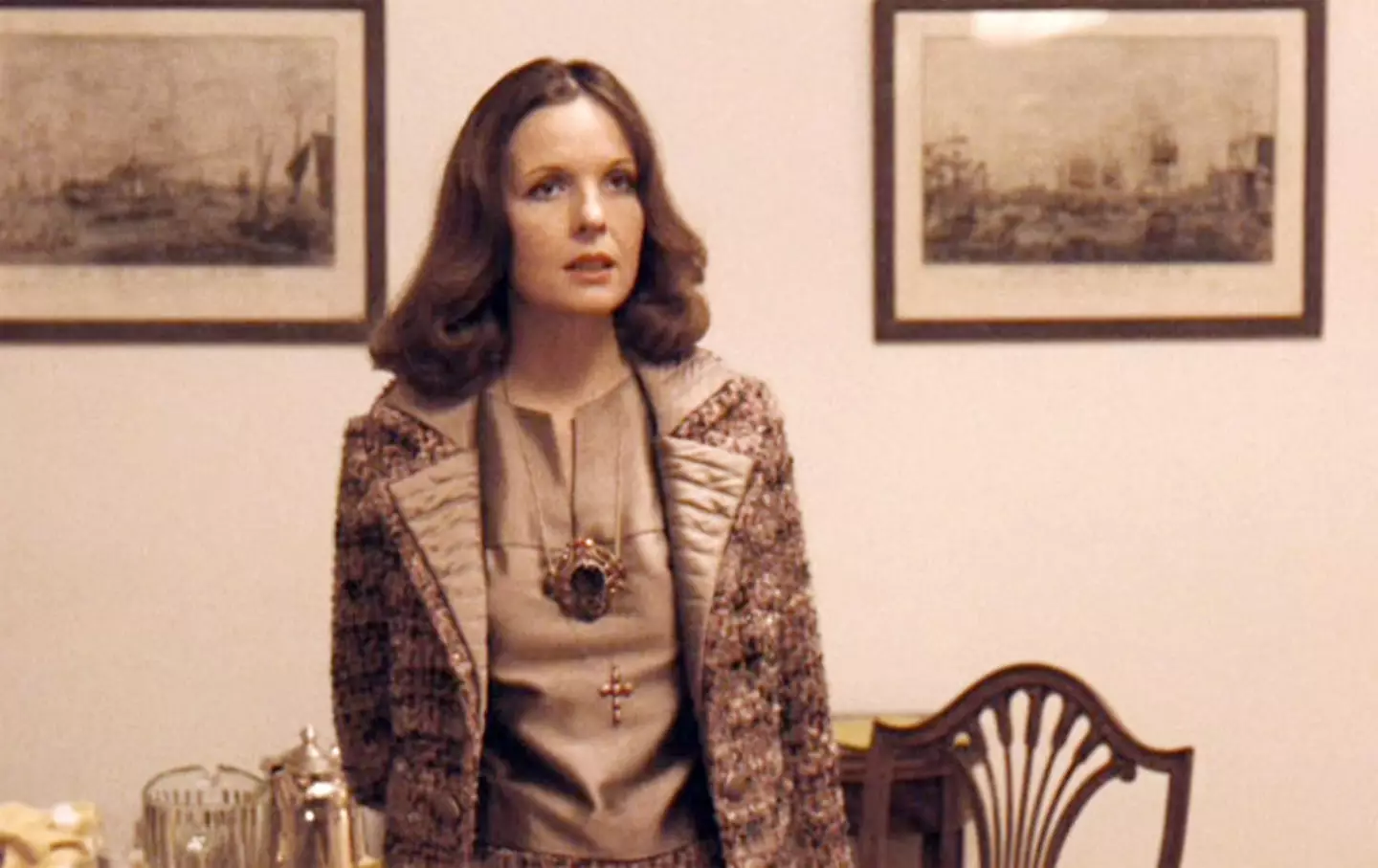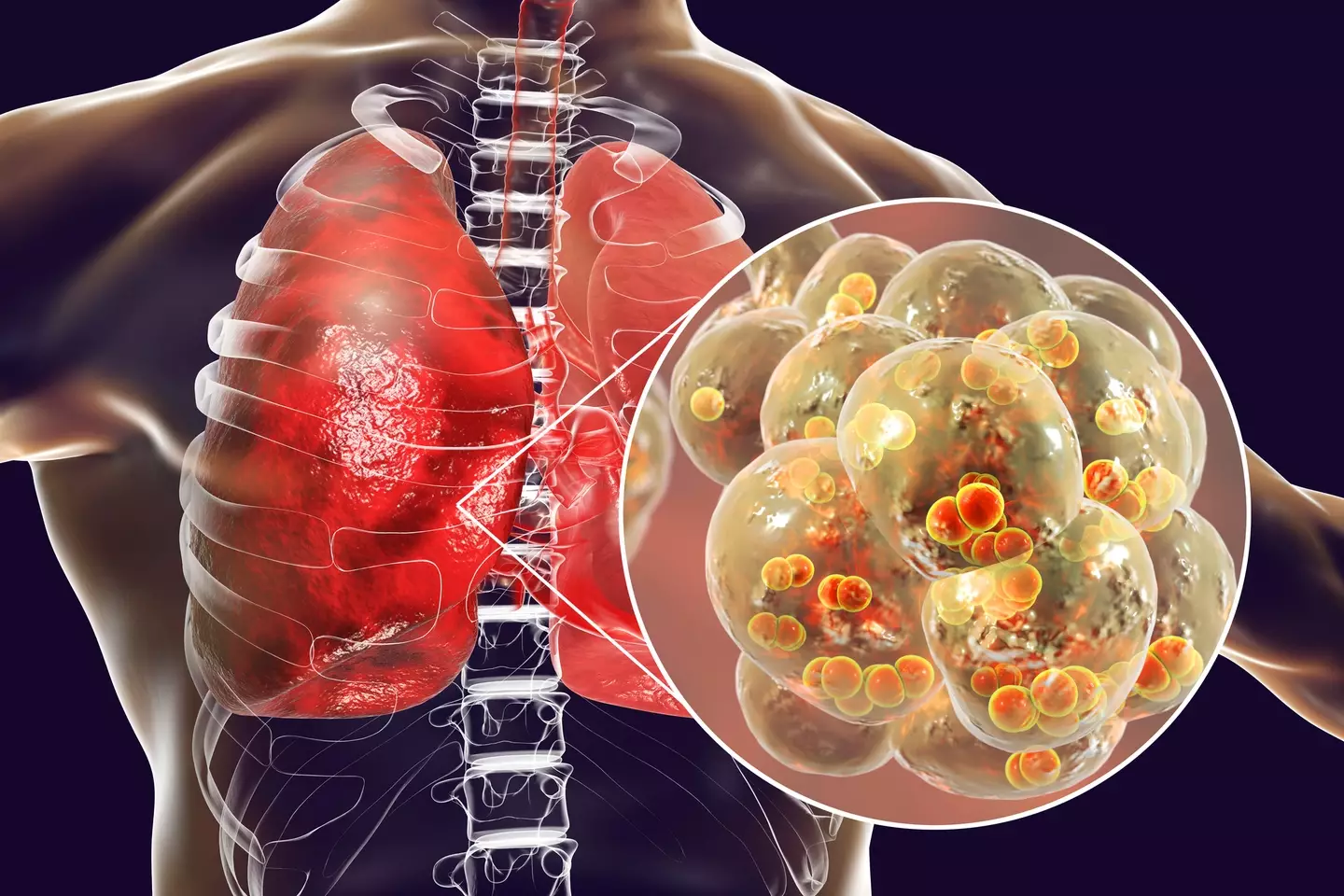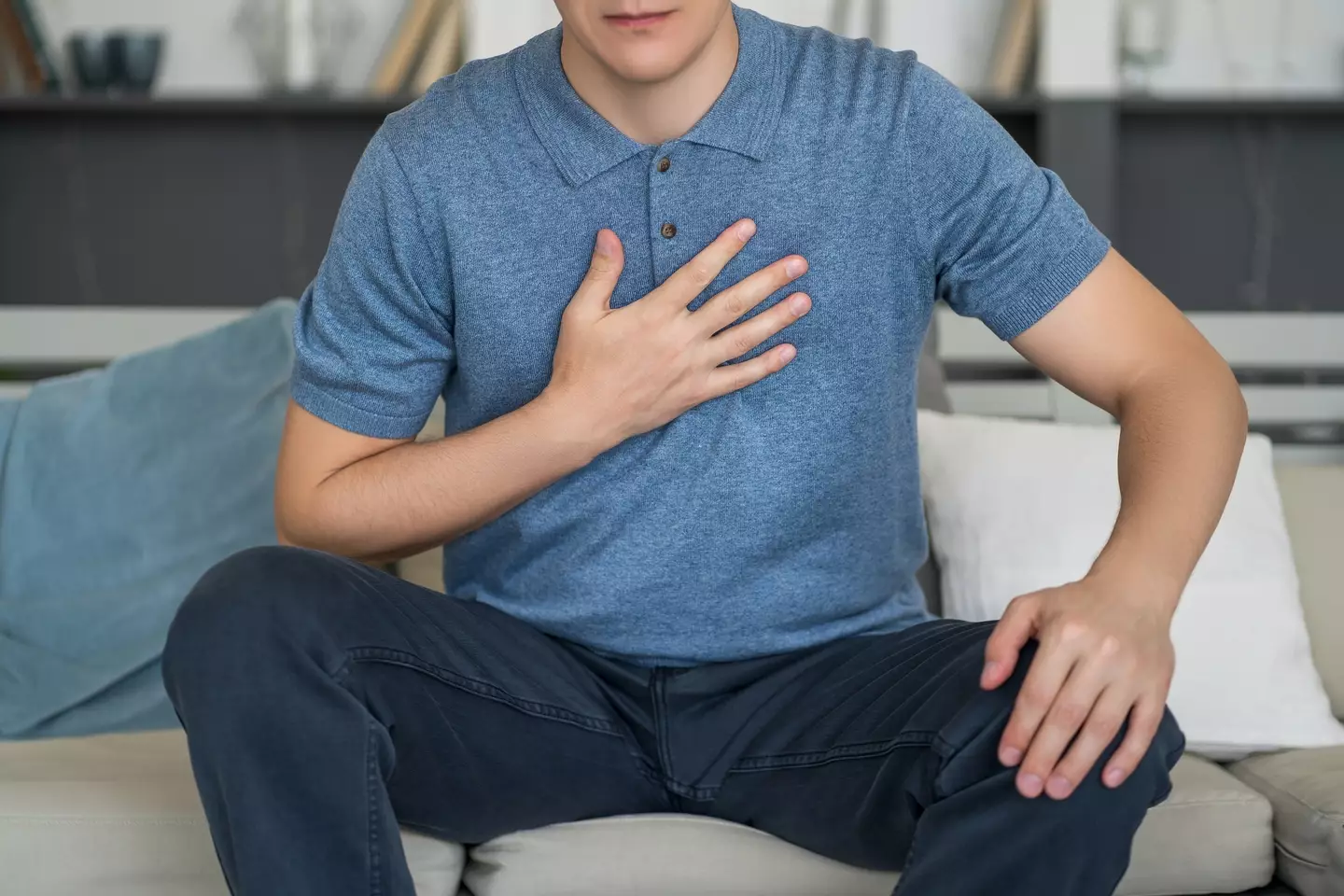Diane Keaton’s death from pneumonia was confirmed by her family in a heartfelt statement.
The iconic actress, known for her illustrious career, died at the age of 79 on Saturday, October 11.
The Los Angeles Fire Department responded to an emergency call at Keaton’s residence shortly after 8am, with paramedics also attending the scene.
A family spokesperson confirmed that Keaton died in California, but additional information was not immediately provided.
Following her passing, the family of the Godfather star has expressed their appreciation for the love and support they have received.
“The Keaton family are very grateful for the extraordinary messages of love and support they have received these past few days on behalf of their beloved Diane, who passed away from pneumonia on October 11,” the statement, issued to People, read.
It went on to say: “She loved her animals and she was steadfast in her support of the unhoused community, so any donations in her memory to a local food bank or an animal shelter would be a wonderful and much appreciated tribute to her.”

According to UCLA Health, over one million people in the US are hospitalized due to pneumonia annually, with 50,000 deaths resulting from the condition each year.
Pneumonia is an infection that affects the lungs, caused by bacteria, a virus, or fungi, as explained by the Cleveland Clinic.
This infection leads to swelling in the lung tissue and can result in the accumulation of fluid or pus.
Various common illnesses, such as a cold, the coronavirus, the flu, and pneumococcal disease, may lead to pneumonia.

In some instances, pneumonia develops when the immune system responds to an infection in the lung’s small sacs, known as the alveoli.
Individuals who are 65 or older, have heart or lung conditions, smoke, or are pregnant face a higher risk of developing pneumonia.

Bacterial and viral pneumonia may present with slightly varying symptoms.
Symptoms of bacterial pneumonia can appear suddenly or develop gradually, whereas viral pneumonia typically progresses over several days.
Signs of bacterial pneumonia to watch for include:
Viral pneumonia symptoms might resemble those listed for bacterial pneumonia, but can also include:
If you have any concerns, it’s essential to contact your GP promptly.

